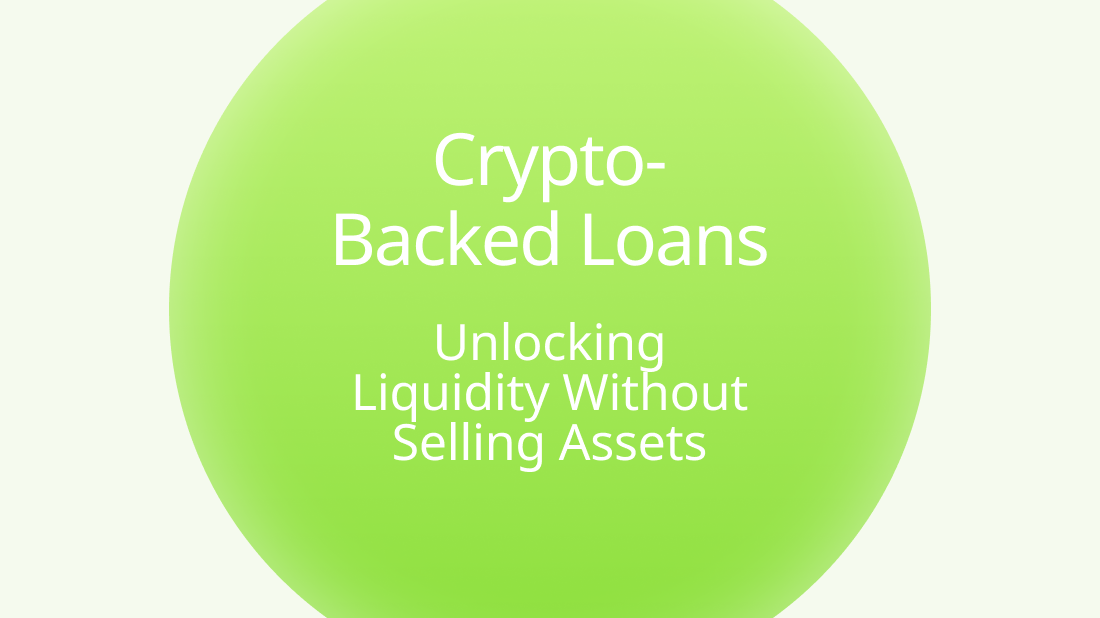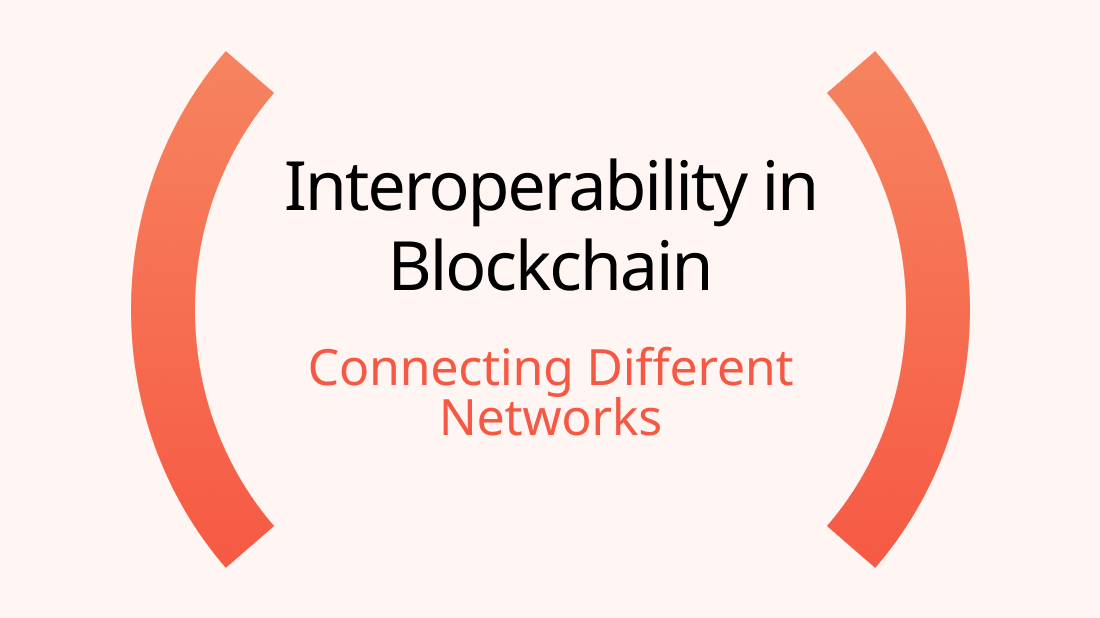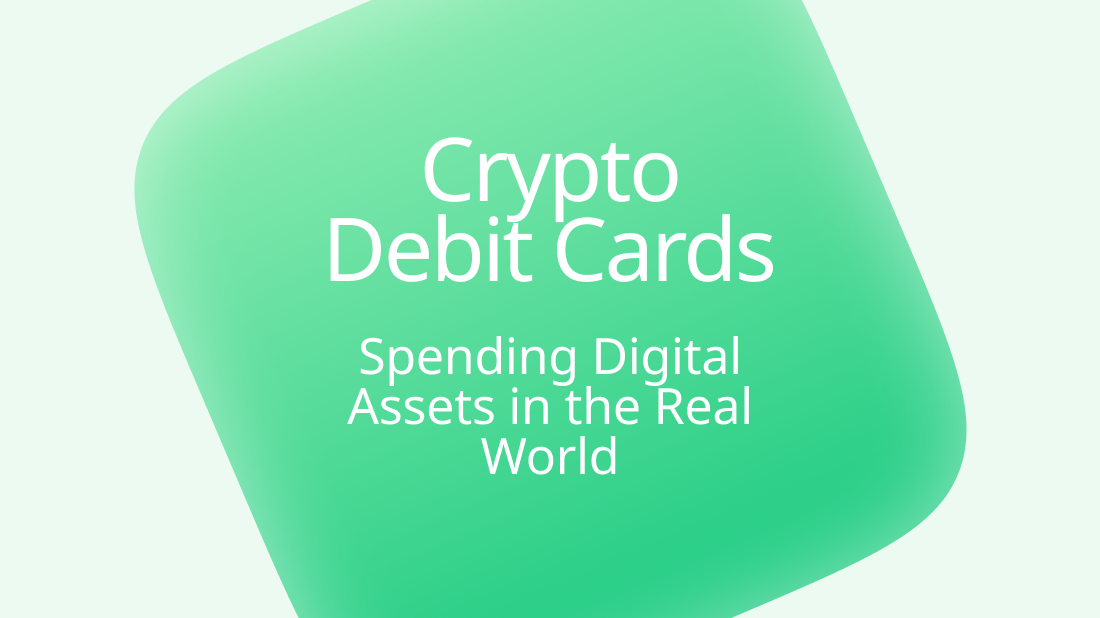Decentralized Governance: Empowering Users in Project Decision-Making

Decentralized governance stands at the core of blockchain technology, enabling users to actively participate in the decision-making processes of various blockchain projects. Unlike traditional centralized systems where decisions are made by a select group of individuals or entities, decentralized governance distributes power and authority among network participants, fostering inclusivity, transparency, and accountability. In this article, we delve into the role of decentralized governance in empowering users and driving participatory decision-making within blockchain projects.
Understanding Decentralized Governance:
What is Decentralized Governance? Decentralized governance refers to the collective decision-making process in decentralized networks, where users have the opportunity to propose, vote on, and implement changes to the protocol or project. Decentralized governance mechanisms are typically facilitated through on-chain governance systems, smart contracts, or decentralized autonomous organizations (DAOs), enabling stakeholders to have a direct say in the direction and development of the project.
Key Components of Decentralized Governance
Proposal Submission: Users can submit proposals for protocol upgrades, changes, or new initiatives, outlining the rationale, scope, and implementation details.
Voting Mechanisms: Once a proposal is submitted, users can vote on whether to accept or reject the proposal. Votes are typically weighted by the user's stake or voting power within the network.
Implementation and Execution: If a proposal receives sufficient support through voting, it is implemented and executed according to the rules and processes defined by the governance protocol.
Benefits of Decentralized Governance
- Inclusivity: Decentralized governance allows all network participants, regardless of their stake or status, to have a voice in decision-making. This inclusivity promotes diversity of perspectives and ensures that the interests of all stakeholders are considered.
- Transparency: Decentralized governance processes are transparent and auditable, with all proposals, votes, and decisions recorded on the blockchain. This transparency enhances trust and accountability within the community.
- Flexibility and Adaptability: Decentralized governance enables projects to adapt and evolve in response to changing market conditions, technological advancements, and community feedback. This flexibility allows for rapid innovation and iteration of protocols.
- Resistance to Centralization: By distributing decision-making power among a diverse group of stakeholders, decentralized governance mitigates the risk of centralization and prevents any single entity from exerting undue influence over the network.
Empowering Users in Crypto
Participatory Decision-Making: Decentralized governance empowers users to actively participate in shaping the future of blockchain projects. Whether it's proposing protocol upgrades, funding development initiatives, or determining community priorities, users have a direct say in the governance process.
Governance Tokens: Many decentralized protocols issue governance tokens that grant holders the right to participate in governance decisions. By holding governance tokens, users can vote on proposals, delegate their voting power, or even submit their own proposals, democratizing decision-making within the ecosystem.
Examples of Decentralized Governance: Several prominent blockchain projects have embraced decentralized governance models, including:
- Ethereum: Ethereum Improvement Proposals (EIPs) allow users to propose changes to the Ethereum protocol, which are then reviewed and discussed by the community before implementation.
- Uniswap: Uniswap's decentralized exchange protocol utilizes governance tokens (UNI) to enable community members to participate in governance decisions, such as fee adjustments and protocol upgrades.
Conclusion
Decentralized governance plays a crucial role in empowering users and fostering community-driven decision-making within blockchain projects. By distributing power and authority among network participants, decentralized governance promotes inclusivity, transparency, and adaptability, ensuring that the interests of all stakeholders are represented. As blockchain technology continues to evolve, decentralized governance will remain a cornerstone of innovation and collaboration, driving the development of resilient and decentralized ecosystems. Empowered by decentralized governance, users have the opportunity to shape the future of crypto and contribute to the advancement of decentralized technologies.












